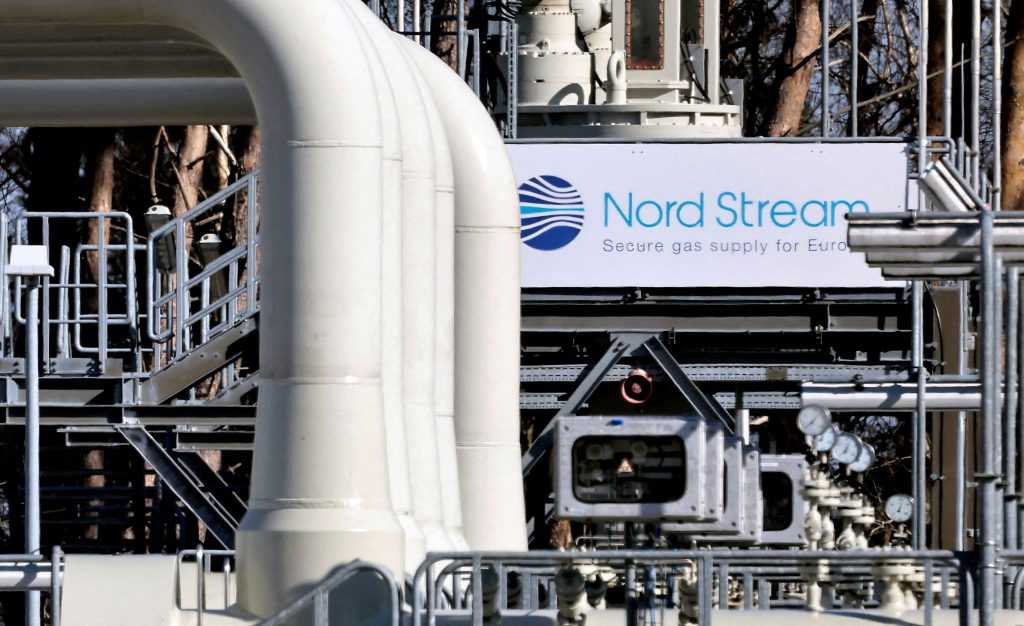Gas prices have increased as a result of Russia continuing to reduce gas supply to Germany and other central European nations after earlier this week’s warning to do so. Gas prices in Europe increased by 9% and are now almost at their previous record high following Russia’s invasion of Ukraine. The Russian government is charged with utilising gas as a political tool by critics. The Nord Stream 1 pipeline from Russia to Germany has been operating at less than a fifth of its typical capacity as a result of flow reductions. The majority of the gas that Germany imports from Russia—55 percent—comes through Nord Stream 1, with the remainder coming through land-based pipelines.
The current reduction in power has been attempted to be justified by Russian energy company Gazprom by claiming that maintenance on a turbine was required. However, the German government claimed that there was no technical justification for doing so. In order to inflict “fear” on people, Ukraine has accused Moscow of waging a “gas war” against Europe and shutting off supplies.
Since fewer than 5% of the gas in the UK comes from Russia, a disruption in the gas supply would not have a significant impact on the country. However, it would be impacted by growing global market prices as European demand rises.
Wednesday saw a 7% increase in UK gas prices, over six times the level of a year ago but still 20% below the peak recorded in the wake of Russia’s invasion of Ukraine. Energy costs in the UK jumped by an astounding £700 in April, and predictions indicate that they could reach £3,363 per year for the typical home in October.
The most recent decrease in flows puts pressure on EU nations to further lessen their reliance on Russian gas and is likely to make it more challenging for them to restock their gas supplies in time for the winter. European leaders have discussed how to lessen their reliance on Russian fossil resources ever since the Russian invasion of Ukraine.
The European Union decided on Tuesday to reduce gas consumption in case Russia cuts off supplies, although some nations would be exempt to prevent rationing. Members of the EU have now decided to voluntarily cut their gas consumption by 15% from August to March.
However, after initially lacking exemptions, the agreement was softened. The EU has warned that Russia is “constantly using energy supply as a weapon” and that its goal from the agreement is to save money and store gas before winter. If supplies run out, the voluntary arrangement would become obligatory.
